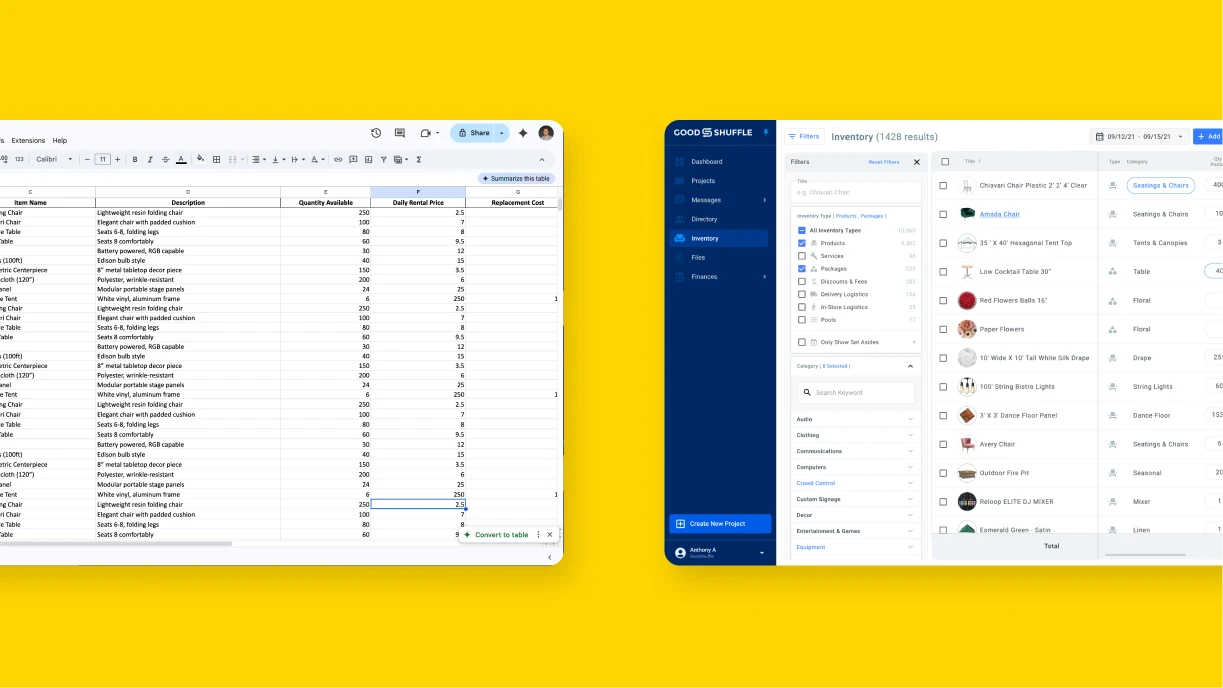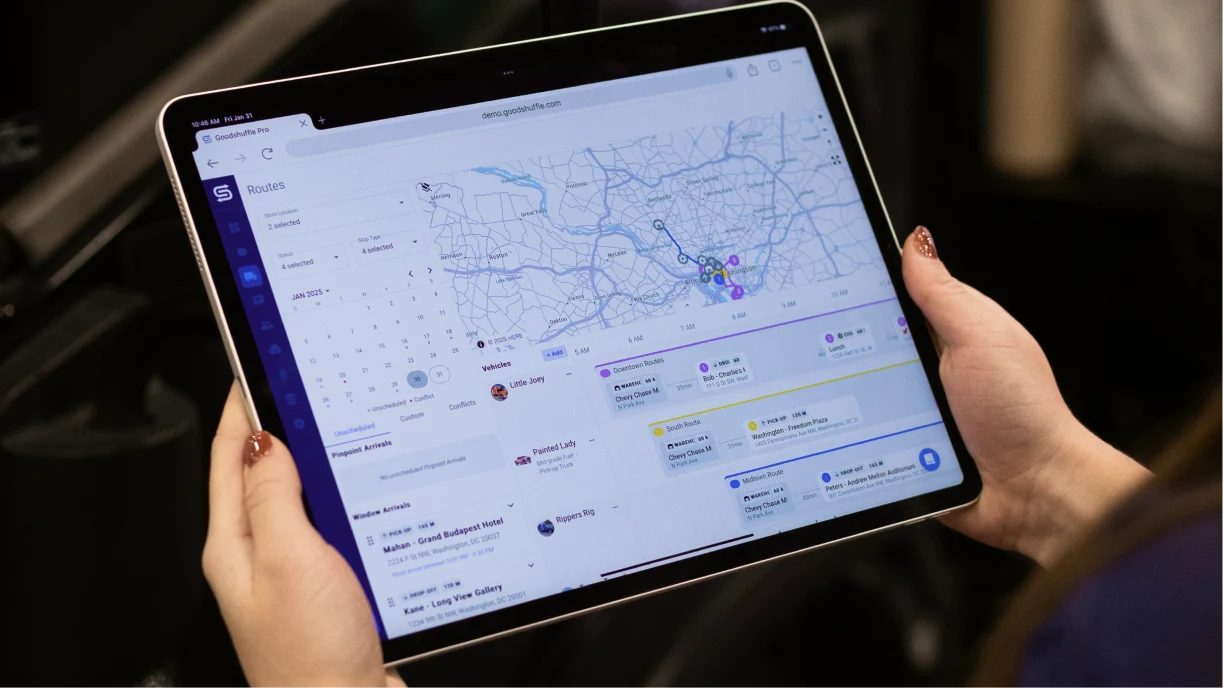Social proof is a well-established phenomenon that Fortune 500 companies have been using for years to tailor their marketing efforts. However, it’s still a newer concept in the events industry. Social proof for event companies touts the idea that people are influenced by their networks to trust certain brands, people, and products. If your best friend tells you about a clothing brand that she’s loyal to, you’re much more likely to pick it up in the store next time you’re shopping.
While this is an easy-enough idea to implement for national brands like Nike and Apple, it can be more challenging for small businesses when our networks don’t span quite as far. However, there are a number of ways to strategize your business approach to take advantage of social proof. Let’s take a look at them.
Nurturing vendor relationships
Your relationships with other vendors are a prime example of social proof for event companies. The closer your relationships are, the more you’ll gain from the third-party validation of an industry colleague. This goes beyond preferred vendor lists — it’s more about having a deep connection where you can work closely with others to influence consumer behavior.
For example, when somebody books with a videographer I’m close with, I can respond by saying, “Oh, I love them! Jeremy is great – who are you working with?” You are not only validating their decision to have chosen that videographer, but you are also confirming that you are on the same echelon. Clients love to hear that their vendors have worked together and, better yet, are friends. Focus on building more relationships in your network, so you have more genuine connections to bring in leads.
Validation with new partners
On the topic of building new vendor relationships, social proof for event companies can also go very far in establishing your credentials. In many cases, reaching out to a vendor you haven’t worked with often results in meeting the gatekeeper (venues, especially). The gatekeeper’s job is to only funnel important messages through to the key influencer (be it the property manager, the catering manager, or the like).
That’s when you bring in the common thread that justifies your communication — the client. It’s harder for the gatekeeper to keep you out if you can validate your relationship.
If I’ve never worked at a property but have an upcoming wedding there, I’ll call them and lead with my client’s name and wedding date. I then explain that we’re working together on floral design and would love to ask the property manager some questions. Always tie your request back to the happiness of the client — a team that works together will create the best possible event.
Closing the sale
Social proof isn’t just for vendor relationships — it plays a major role in the sales process too. When you have other vendors validating you, you don’t need to sell yourself as hard. If you are attached to a trusted source, then you become a trusted source automatically. Ask your prospects who they’ve booked and don’t be afraid to share your experiences — the more knowledgeable you are, the more trustworthy you will seem.
If you hear that your prospect is booked at a venue that you’re familiar with, show off pictures from past events there and share some insight into the logistics of the property. Tell them the tidbits that past couples learned the hard way. This provides clients with an extra level of value that will push them to sign.
Social proof for event companies is a form of marketing and relationship-building that can quickly validate a new business if you’re just starting out. It is also just as useful for established businesses. Never stop leveraging it, and always look for ways to be an asset. Happy couples love to share experiences with their newly engaged friends, which is another form of social proof. Stick with it and you will build your business in record time.






